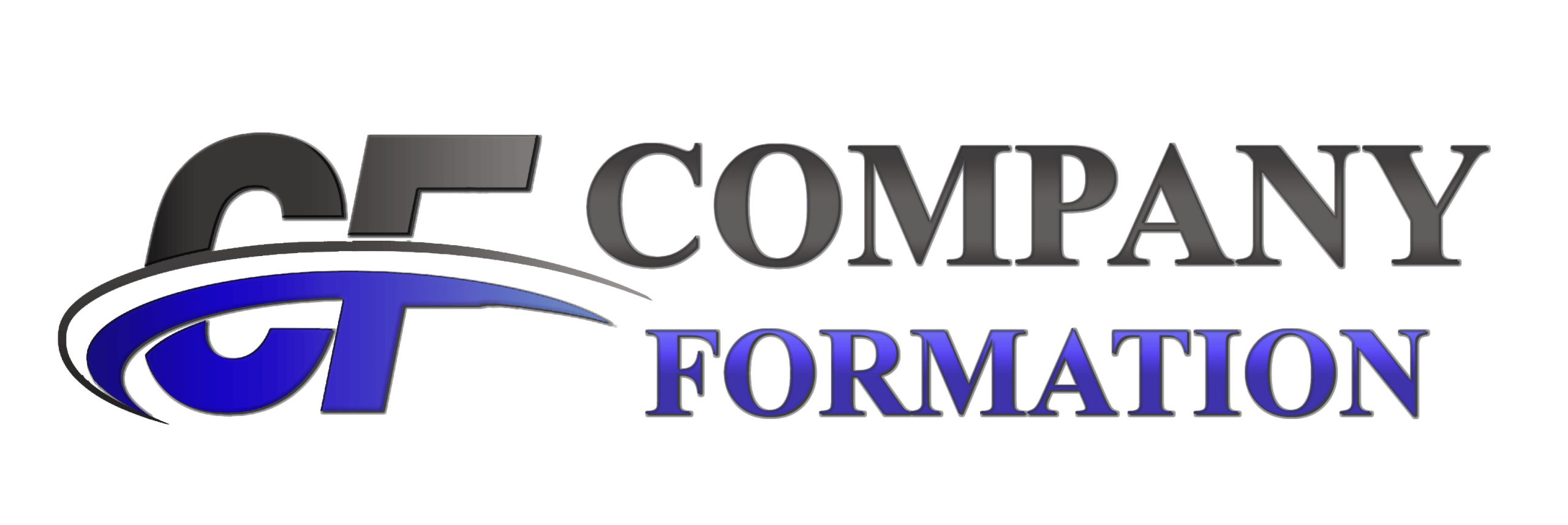How do you secure Small Business Relief in the UAE?
To secure Small Business Relief in the UAE, register with the Federal Tax Authority (FTA) to get a Tax Registration Number (TRN). Ensure your business revenue stays below AED 3,000,000, then select the relief option in your simplified tax return on the FTA’s EmaraTax portal. Keep financial records for audits and submit your return on time to enjoy zero corporate tax.
How to Apply for Small Business Relief in UAE -2025 Ultimate Guide
Running a business in the UAE is a dream for many, thanks to its vibrant economy and global opportunities. But when the corporate tax started in June 2023, small business owners felt the pinch. That’s where Small Business Relief comes in—it’s a lifeline that cuts your tax bill to zero if you qualify. Whether you’re setting up shop in Dubai or expanding in Abu Dhabi, this relief can free up cash to fuel your growth.
This guide answers all your questions about applying for Small Business Relief, from eligibility to filing your tax return. With practical steps and insider tips, you’ll navigate the process like a pro and keep more money in your pocket. Let’s get started!
What Exactly Is Small Business Relief?
A. How Does Corporate Tax Work in the UAE?
In 2023, the UAE rolled out a 9% corporate tax on business profits above AED 375,000. Unlike personal income tax, which doesn’t exist here, this tax targets company earnings. It’s part of the UAE’s plan to diversify its economy, but it can hit small businesses hard. Small Business Relief steps in to ease that burden, making the UAE even more attractive for entrepreneurs.
B. What Makes Small Business Relief Special?
Small Business Relief lets qualifying businesses act as if they have no taxable income, so you pay no corporate tax for that period. If your revenue is AED 3,000,000 or less, you can opt for this relief, slashing paperwork and boosting your cash flow. It’s perfect for startups or small ventures looking to grow without tax stress.
Who Can Claim Small Business Relief?
A. What Are the Eligibility Requirements?
To grab this tax break, your business needs to check these boxes:
- Be a UAE Resident: Your business must be a resident entity, like a company formed in the UAE or an individual running a business here. Companies managed in the UAE, or individuals with turnover over AED 1,000,000 qualify.
- Stay Under the Revenue Cap: Your total revenue must be AED 3,000,000 or less in the current tax period and all previous ones up to December 31, 2026. Revenue covers all income, like sales or asset sales, tracked using standard accounting methods.
- Not a Bank or Holding Company: These businesses follow different tax rules and can’t claim this relief.
B. Who Doesn’t Qualify for This Relief?
Some businesses miss out on Small Business Relief, including:
- Big Global Companies: If your business is part of a multinational group with over AED 3.15 billion in global revenue, you’re out. These firms can handle regular tax rules.
- Certain Free Zone Businesses: Companies in Free Zones with a 0% tax rate on specific income don’t need this relief. But other Free Zone businesses might still qualify.
- Fake Splits: If you split your business into smaller parts to stay under the revenue cap, the Federal Tax Authority (FTA) will catch on and hit you with penalties.
Pro Tip: You’ll need revenue records, financial statements, and proof you’re a UAE resident, all uploaded to the FTA’s EmaraTax portal when filing.
How Can You Apply for Small Business Relief?
Here’s your roadmap to securing Small Business Relief, broken into clear steps to keep things simple.
A. How Do You Register with the FTA?
First, sign up with the Federal Tax Authority to get a Tax Registration Number (TRN). Every business paying taxes needs one.
- Steps: Head to the EmaraTax portal, set up an account, and enter details like your trade license and ID.
- Time: Expect 5-10 days for approval.
- Help: For tricky cases, business setup in Dubai can speed things up.
B. How Do You Confirm Your Revenue?
Make sure your revenue is AED 3,000,000 or less for the tax period and all prior ones since June 2023. Revenue includes all income calculated with standard accounting.
- Tools: Use software like Zoho Books to track income accurately.
- Records: Save invoices, receipts, and sale documents.
C. How Do You Choose Relief in Your Tax Return?
When filing your tax return, pick the Small Business Relief option to let the FTA know you’re claiming it.
- Where: Find the relief checkbox in the simplified tax return form on EmaraTax.
- Deadline: Submit within 9 months after your tax period ends (e.g., September 30, 2026, for a December 2025 period).
- Catch: You can’t claim it later if you skip this step.
D. What Records Should You Keep?
Even with simpler rules, you need records to support your revenue eligibility and tax return.
- Keep Financial statements, revenue logs, and business invoices.
- How Long: Store them for at least 5 years for audits.
- Pro Tip: It skips saves complex time tax calculations and extra paperwork, saving you time and money.
E. How Do You File Your Tax Return?
Submit your simplified tax return through EmaraTax. The FTA checks your eligibility and confirms your tax break.
- Steps: Upload records, fill out the form, and submit.
- Support: Business setup pros can ensure your filing is error-free.
- Result: No tax if approved, giving your cash flow a lift.
What Benefits Come with Small Business Relief?
A. How Does It Save You Money?
This relief wipes out your tax bill, letting you keep more profits. It’s a big win for businesses under the revenue cap.
- Savings: You could save thousands yearly, depending on profits.
- Impact: More cash means more opportunities, like hiring staff or marketing.
B. How Does It Simplify Your Work?
Small Business Relief cuts the hassle of tax prep. You don’t need to crunch taxable income or deal with complex rules, lowering your admin costs.
- Time: Less time on taxes means more for running your business.
- It reduces accounting fees and the risk of FTA fines for mistakes.
What Compliance Rules Must You Follow?
A. Why Is Record-Keeping Important?
You need solid records to prove your revenue and status if the FTA audits you. The Ministry of Finance suggests keeping:
- Sales receipts
- Financial statements
- Asset sale records
Keep Them: For at least 5 years to stay safe.
B. How Can You Avoid Compliance Mistakes?
The FTA frowns on tricks like splitting your business to dodge the revenue limit. If caught, you’ll owe taxes plus penalties.
- Stay Honest: Keep all operations under one entity.
- Get Help: Business setup Consultants in Dubai can guide you to stay compliant.
What Challenges Might You Face and How to Solve Them?
A. Why Is Revenue Tracking Tricky?
Figuring out revenue can be tough with things like foreign income or non-cash deals. Stick to standard accounting and skip VAT in your totals.
- Fix It: Use accounting tools or hire a pro for accuracy.
- Benefit: Clear records build trust with investors.
B. How Can You Stay Compliant with FTA Rules?
Meeting FTA deadlines and rules can feel overwhelming, especially for new businesses.
- Fix It: Team up with UAE business setup pros to nail your filings.
- Key: The FTA ensures fair tax breaks for all.
What Are the Best Tips for Getting the Most Out of Small Business Relief?
A. How Can Free Zones Boost Your Savings?
Some Free Zone businesses can claim Small Business Relief, while others enjoy 0% tax and full ownership. Free Zones like DMCC or JAFZA are goldmines for savings.
- Tip: Pick a Free Zone for extra perks like no customs duties.
- Benefit: It’s a smart move for new businesses.
B. Why Work with Business Setup Consultant?
Experts in Dubai can handle your company formation, FTA registration, and tax filings, saving you stress and time.
- Tip: They ensure you qualify for relief and avoid errors.
- Benefit: Focus on growing your business, not paperwork.
Pro tip: Check FTA updates for 2025 to stay compliant and keep your tax savings.
Common Questions About Small Business Relief?
Q1: How do I secure Small Business Relief in 2025?
Sign up with the FTA, confirm revenue under AED 3,000,000, choose relief in your tax return, and file via EmaraTax
Q2: What documents are needed for the relief?
Submit financial statements, revenue records, and resident proof through EmaraTax.
Q3: Who gets UAE corporate tax breaks?
UAE residents with revenue under AED 3,000,000 are not part of big global firms or certain Free Zone businesses.
Q4: What do Free Zones offer?
Zero corporate tax, full ownership, and no customs duties, perfect for new ventures.
How Can You Start Benefiting from Small Business Relief Today?
Small Business Relief is a powerful tool for UAE businesses, cutting taxes and simplifying your workload. Follow our guide to register, apply, and stay compliant, and you’ll see more cash for growth. Whether you’re in Dubai or a Free Zone, this relief is your ticket to thriving in the UAE’s dynamic market.
Get started now—sign up with the FTA, claim your relief, and consider expert help to make it smooth. Your business deserves every advantage in this global hub!






